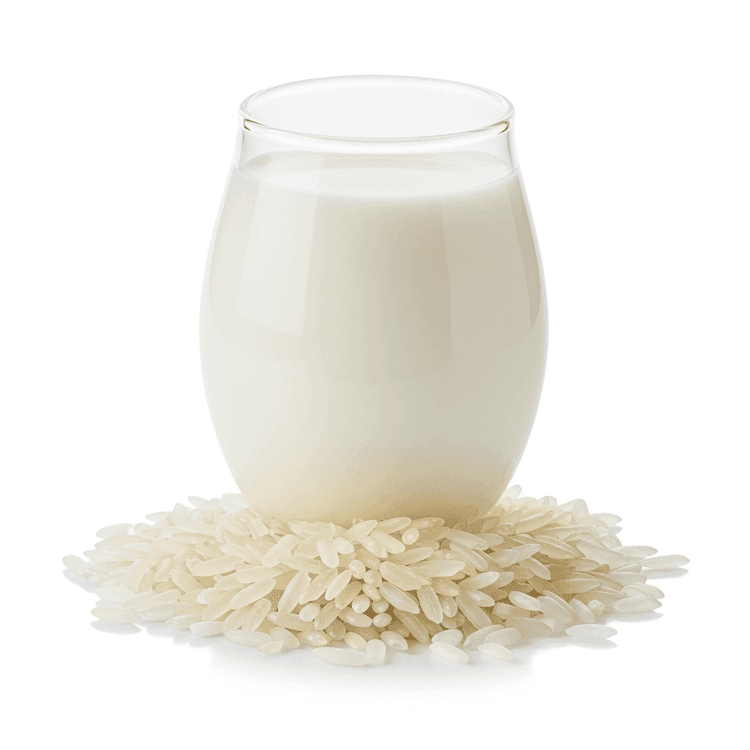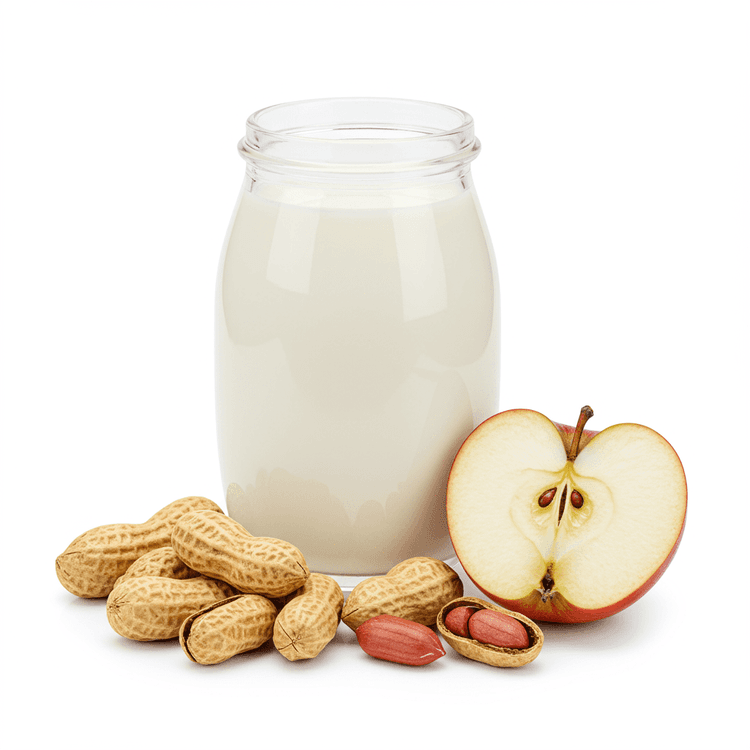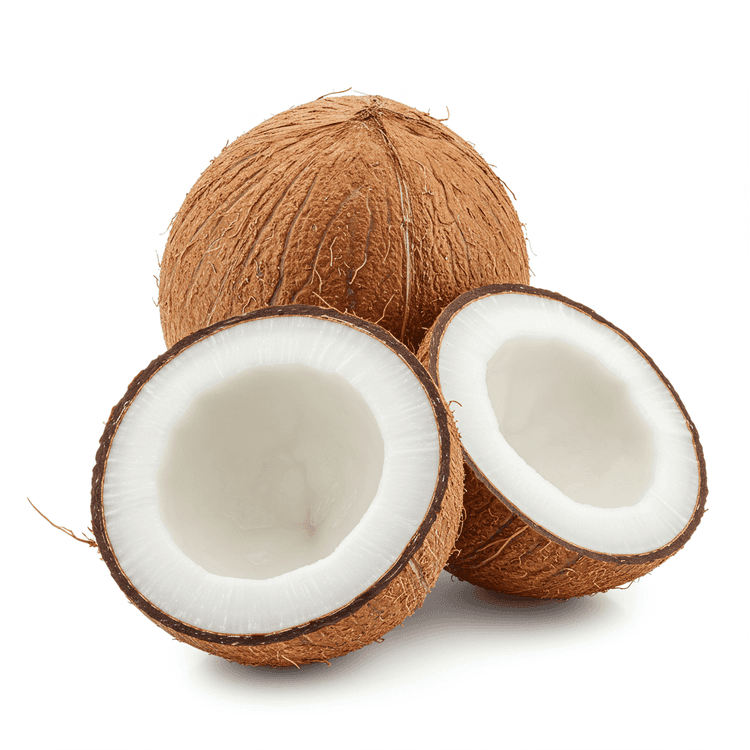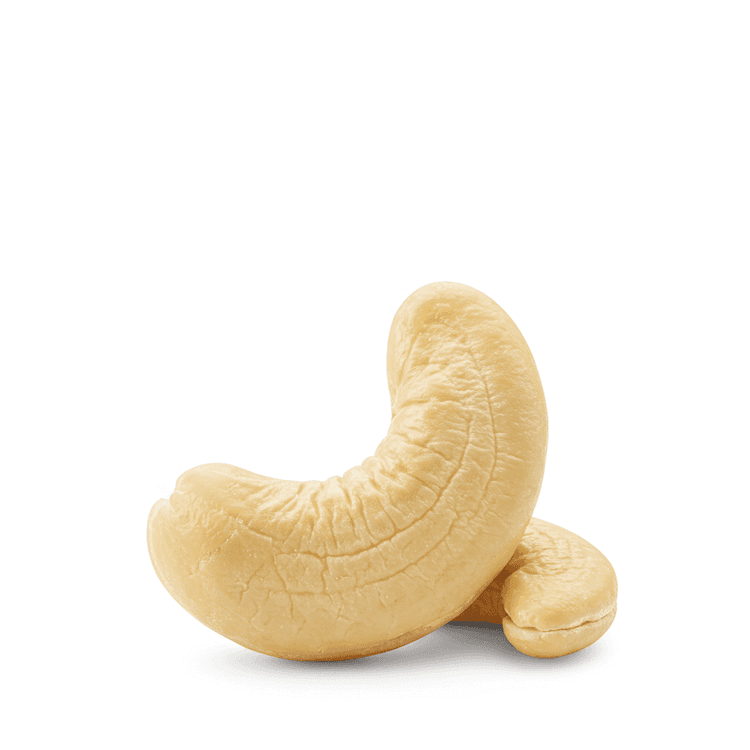
Milk
Milk is a creamy, nutrient-rich liquid that serves as a staple ingredient in many cuisines worldwide. Known for its smooth texture and mild, slightly sweet flavor, milk is a versatile dairy product that comes from various sources, including cows, goats, and plant-based alternatives like almonds and oats. It is packed with essential nutrients like calcium, protein, and vitamins, making it a key component in both cooking and baking. Whether used fresh, pasteurized, or in powdered form, milk adds richness and moisture to recipes while enhancing flavors and textures.
Common Uses
- Used as a base for creamy soups, sauces, and gravies, adding a smooth texture and rich flavor to dishes like chowders and béchamel sauce.
- Incorporated into baking recipes for cakes, muffins, and bread to provide moisture and improve texture.
- Whisked into beverages like coffee, tea, or smoothies for a creamy consistency and enhanced taste.
- Used to make homemade dairy products like yogurt, cheese, and butter, offering a fresh and customizable option.
- Heated and frothed for specialty drinks like lattes and cappuccinos, creating a velvety foam.
- Added to breakfast cereals, oatmeal, or porridge for a nutritious and satisfying meal.
Nutrition (per serving)
Nutrition (per serving)
Calories
42.0kcal (2.1%)
Protein
3.4g (6.8%)
Carbs
5.0g (1.82%)
Sugars
5.0g (10%)
Healthy Fat
0.4g
Unhealthy Fat
0.6g
% Daily Value based on a 2000 calorie diet
Nutrition (per serving)
Calories
42.0kcal (2.1%)
Protein
3.4g (6.8%)
Carbs
5.0g (1.82%)
Sugars
5.0g (10%)
Healthy Fat
0.4g
Unhealthy Fat
0.6g
% Daily Value based on a 2000 calorie diet
Health Benefits
- A rich source of calcium, which supports strong bones and teeth.
- Provides high-quality protein, essential for muscle repair and growth.
- Contains vitamins like B12 and D, which are important for energy and immune function.
- Naturally hydrating and can be used in smoothies, cereals, and baked goods.
- Offers a creamy texture and mild flavor, making it versatile in both sweet and savory recipes.
Chefadora AI is here.
Experience smarter, stress-free cooking.
Storage Tips
Milk should be stored in the refrigerator at or below 40°F (4°C) to maintain freshness and prevent spoilage. Keep it in its original container and place it on a shelf rather than the refrigerator door, where temperatures can fluctuate. Once opened, consume within 5-7 days for the best quality. Avoid leaving milk out at room temperature for extended periods to prevent bacterial growth.
Marnirni-apinthi Building, Lot Fourteen,
North Terrace, Adelaide, South Australia, 5000
Australia






